BMW's First Hydrogen-powered Car to be Launched in 2028 Globally
The BMW hydrogen car is expected to be based on the CLAR platform just like the ICE (internal combustion engine) and plug-in hybrid models.
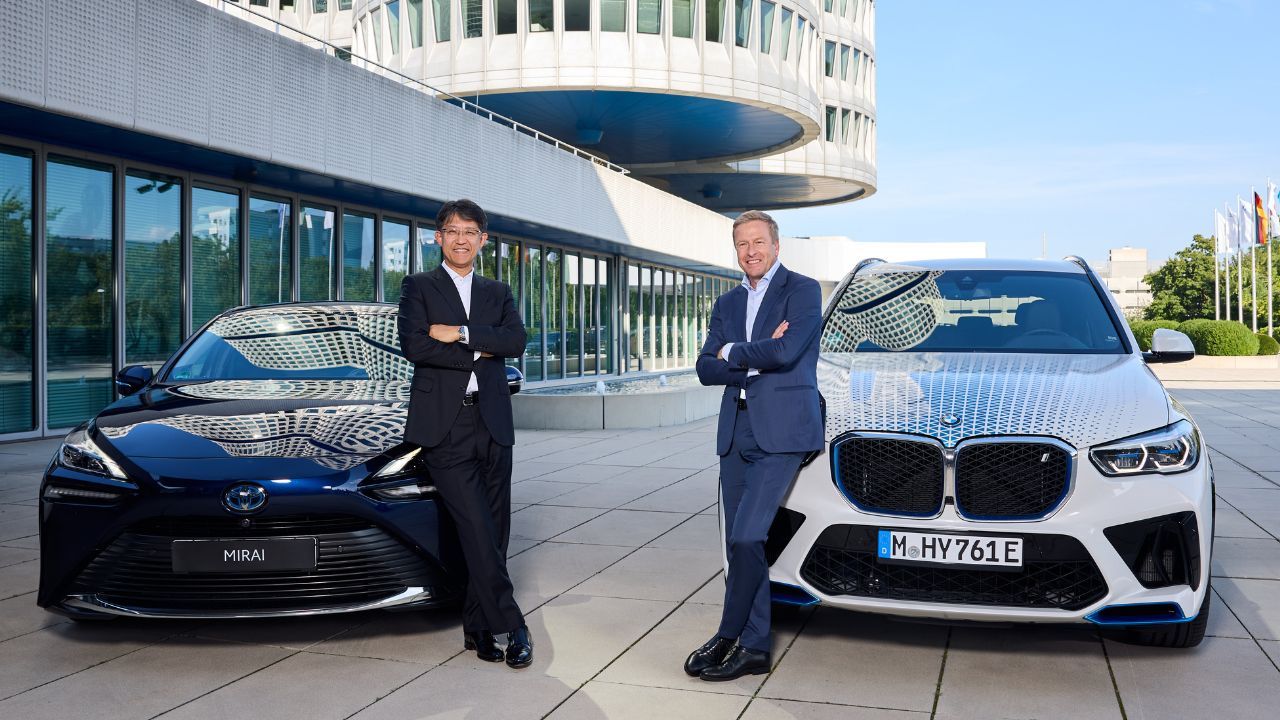
BMW is set to enter the FCEV (Fuel Cell Electric Vehicle) segment in the coming four years. Amid growing demand for alternative fuels globally, Bavarian carmaker BMW is looking to add a hydrogen-powered vehicle to its lineup by 2028. This will be the company's first mass-market hydrogen car, followed by fuel-cell variants of existing BMWs.
While nothing much is known, the new hydrogen car will likely be based on the X5 and use the CLAR platform just like the ICE (internal combustion engine) and plug-in hybrid models. As part of an expansion of its existing partnership with Japanese brand Toyota, BMW will equip the model with the hydrogen fuel cell tech it is jointly developing with the Japanese company. 'Powered by hydrogen and driven by the spirit of cooperation, it will underscore how technological progress is shaping future mobility. It will herald an era of significant demand for fuel cell electric vehicles,' said BMW chairman Oliver Zipse.
Also Read: BMW 3 Series Gran Limousine M Sport Pro Edition with Diesel-AT Launched at Rs 65 Lakh in India
The announcement to strengthen the BMW-Toyota partnership in the hydrogen sector came recently, with both brands agreeing to work together toward the development of a third-generation fuel cell system and the improvement of infrastructure. According to the agreement signed recently, the third-generation fuel cell system will be installed in both companies' models, providing customers with a broad range of FCEVs.
'In our long history of partnership, we have confirmed that BMW and Toyota share the same passion for cars and belief in "technology openness" and a "multi-pathway" approach to carbon neutrality. Based on these shared values, we will deepen our collaboration in efforts such as the joint development of next-generation fuel cell systems and the expansion of infrastructure, aiming for the realization of a hydrogen society. We will accelerate our efforts together with BMW and partners across various industries to realize a future where hydrogen energy supports society,' said Koji Sato, President, Toyota.
BMW, Toyota Partnership: Looking Back
To refresh your memory, BMW and Toyota had initially signed an agreement in 2011 to establish a 'mid-to-long-term' cooperative relationship in environmental technologies, including fuel cells and sports cars. The scope of the agreement was later expanded to include other projects.
Toyota Already in the Hydrogen Game
While BMW will reveal its mass-produced FCEV in 2028 globally, Toyota already sells the Mirai sedan, although in limited numbers. Based on the Lexus LS, the Mirai is in its second generation. It gets three hydrogen fuel tanks – two under the floor and one in the boot. The fuel cell stack that is placed under the bonnet is built in partnership with the Bavarian carmaker.
Also Read: Toyota Century GRMN SUV Global Production Plans Confirmed; Check Details
Debuted in 2015, the Toyota Mirai is among the first zero-emission, hydrogen-powered electric cars to reach series production and be made available to people as a regular purchase.
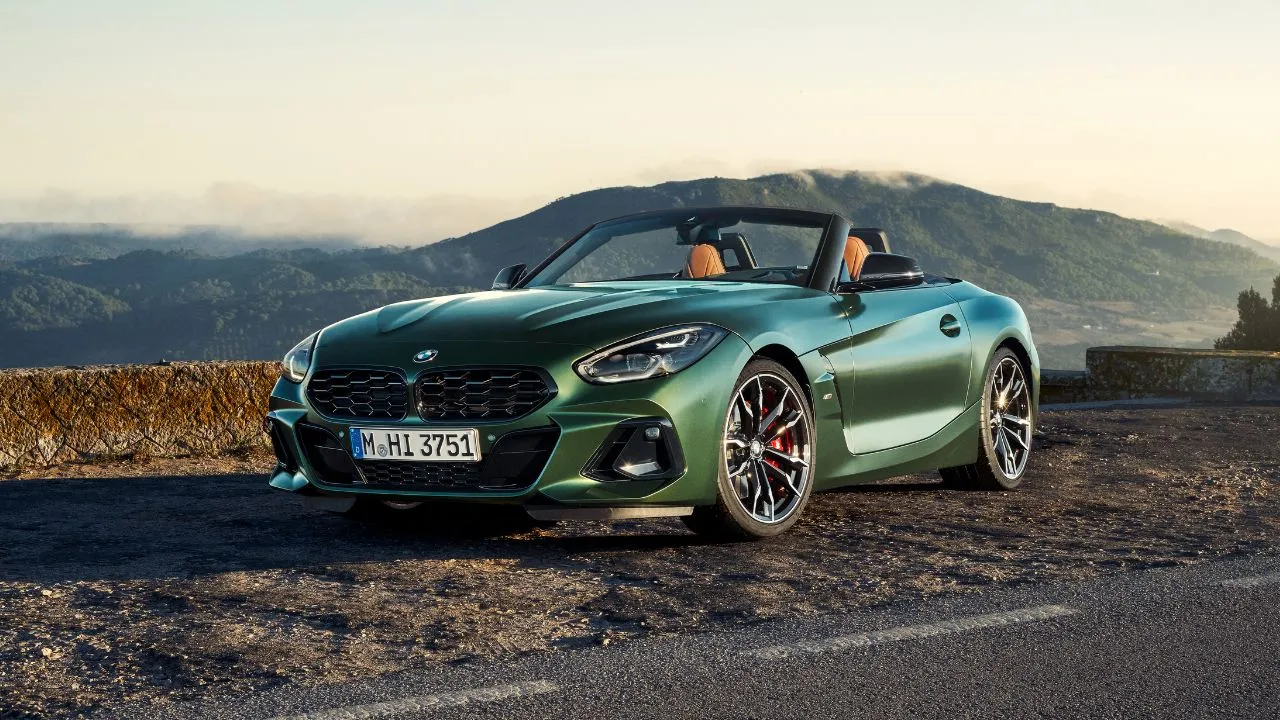
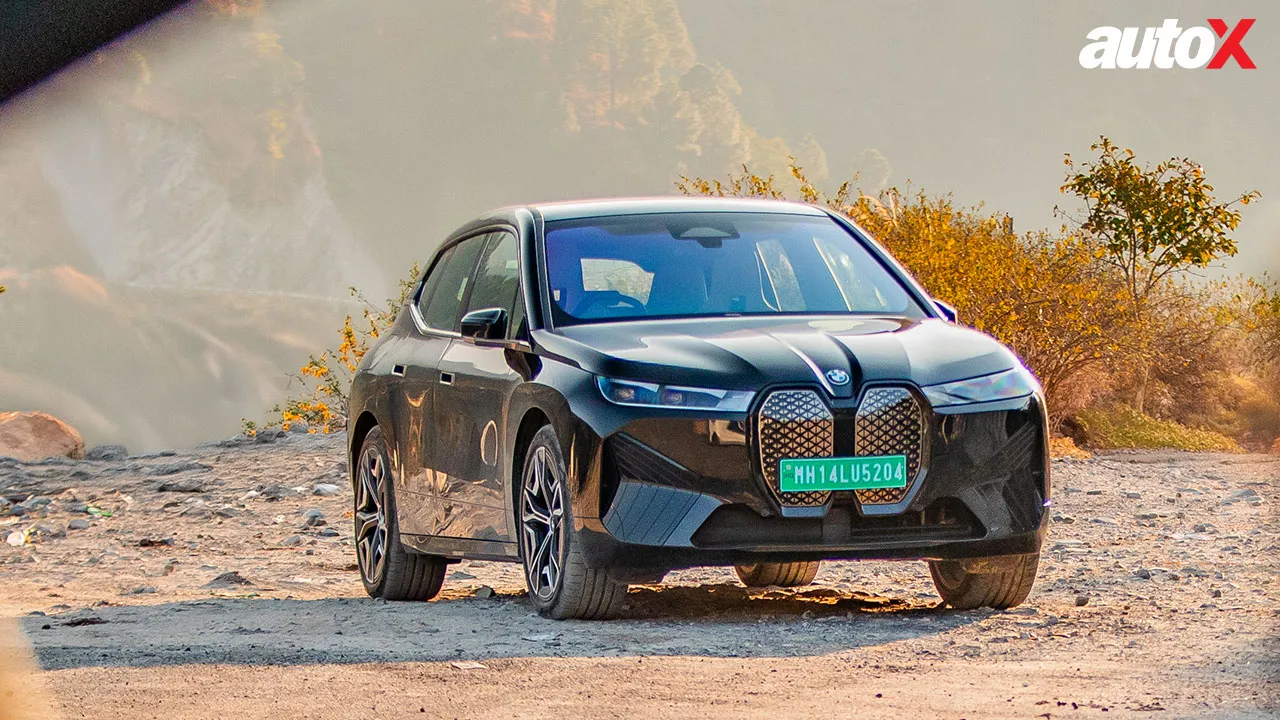
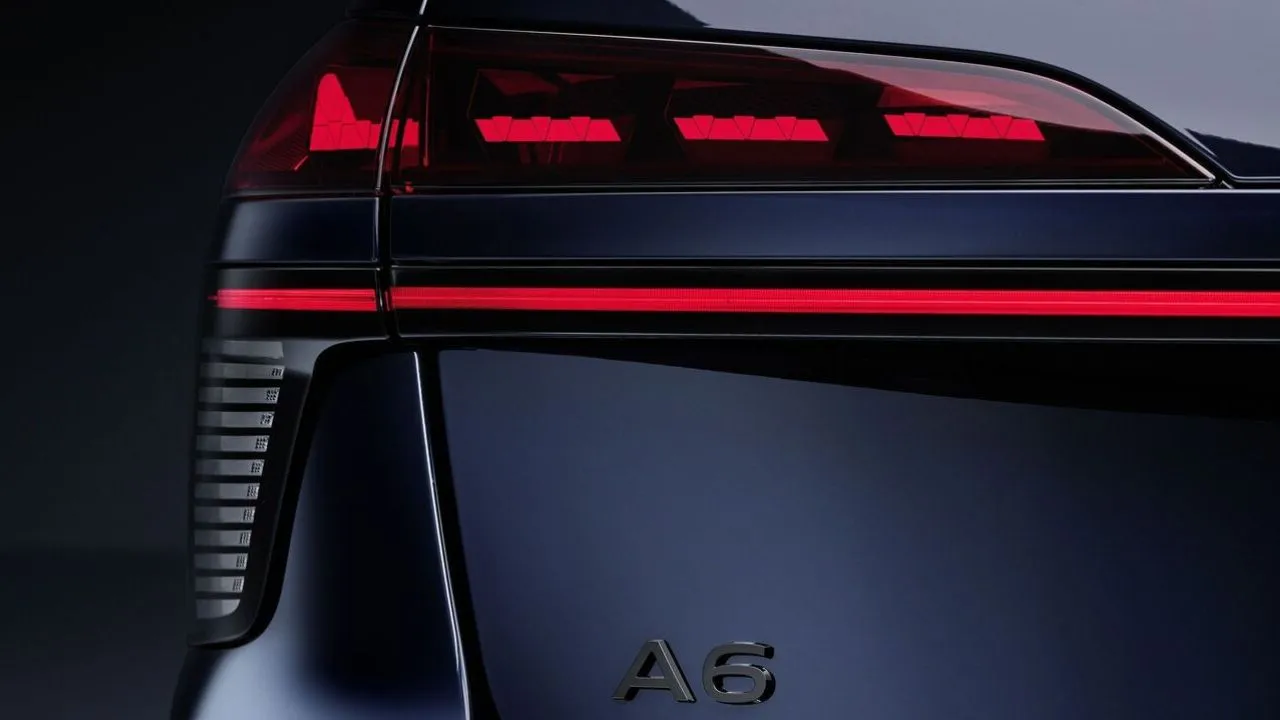
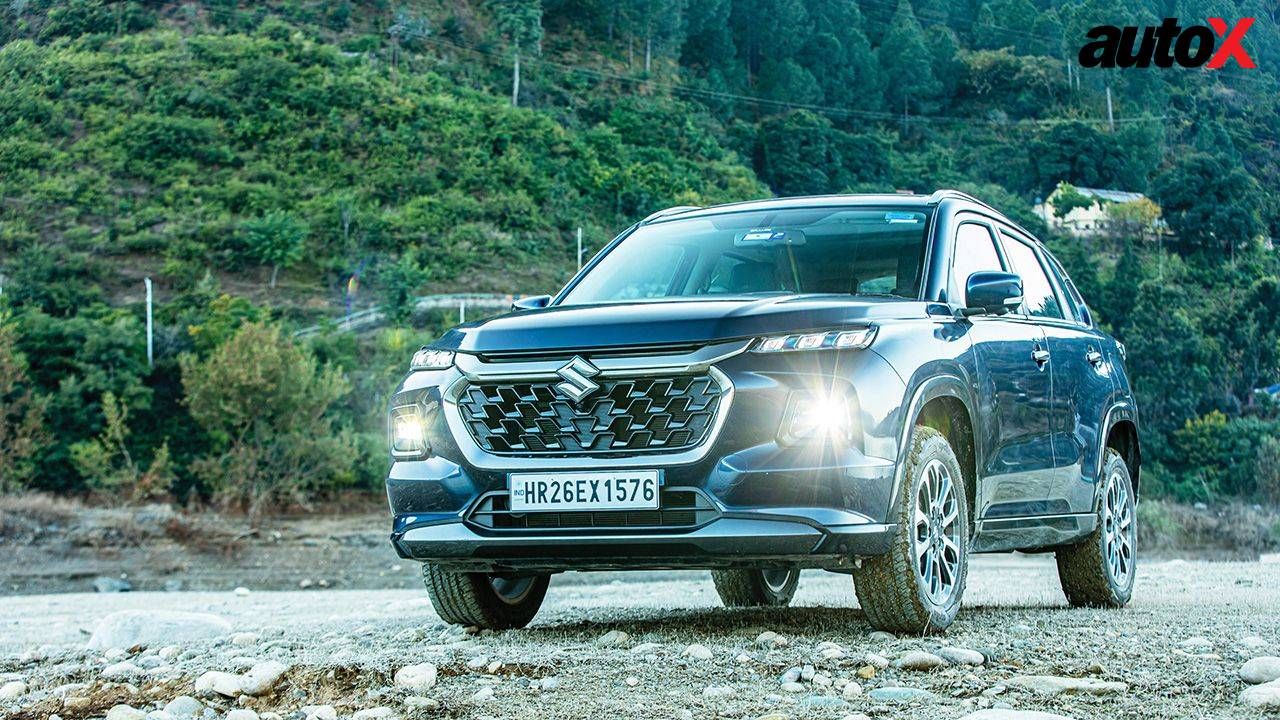
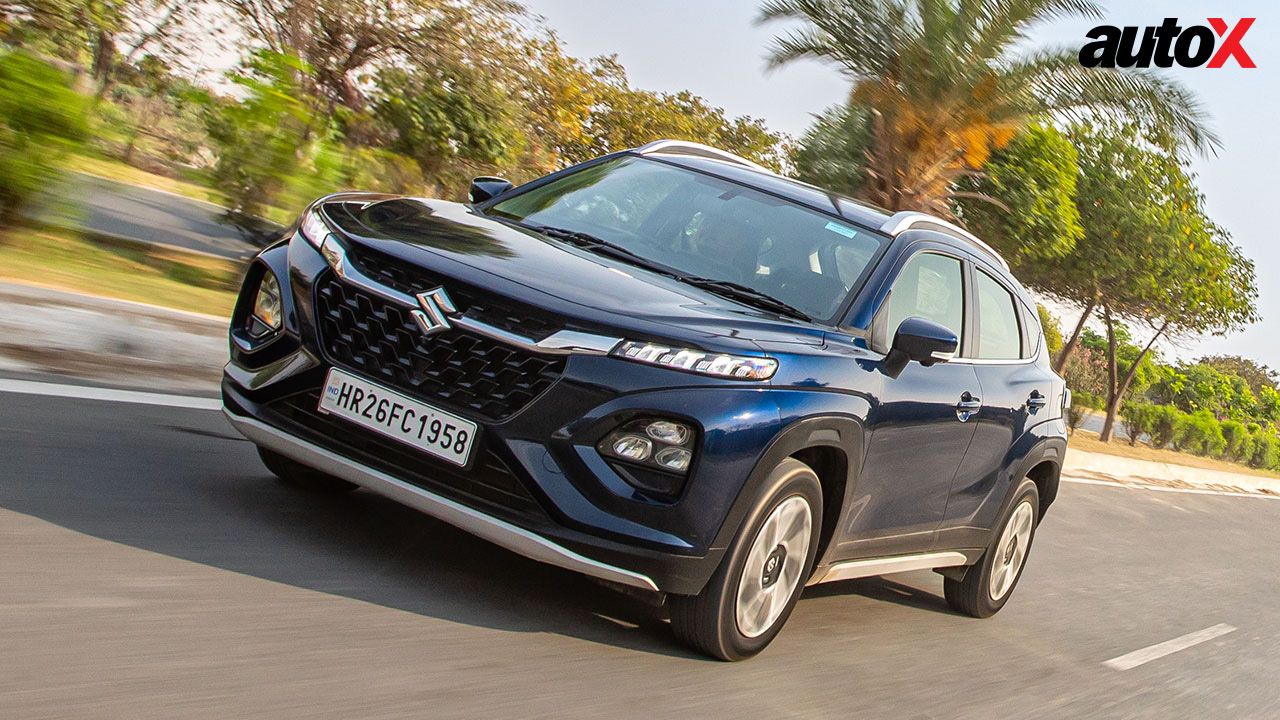
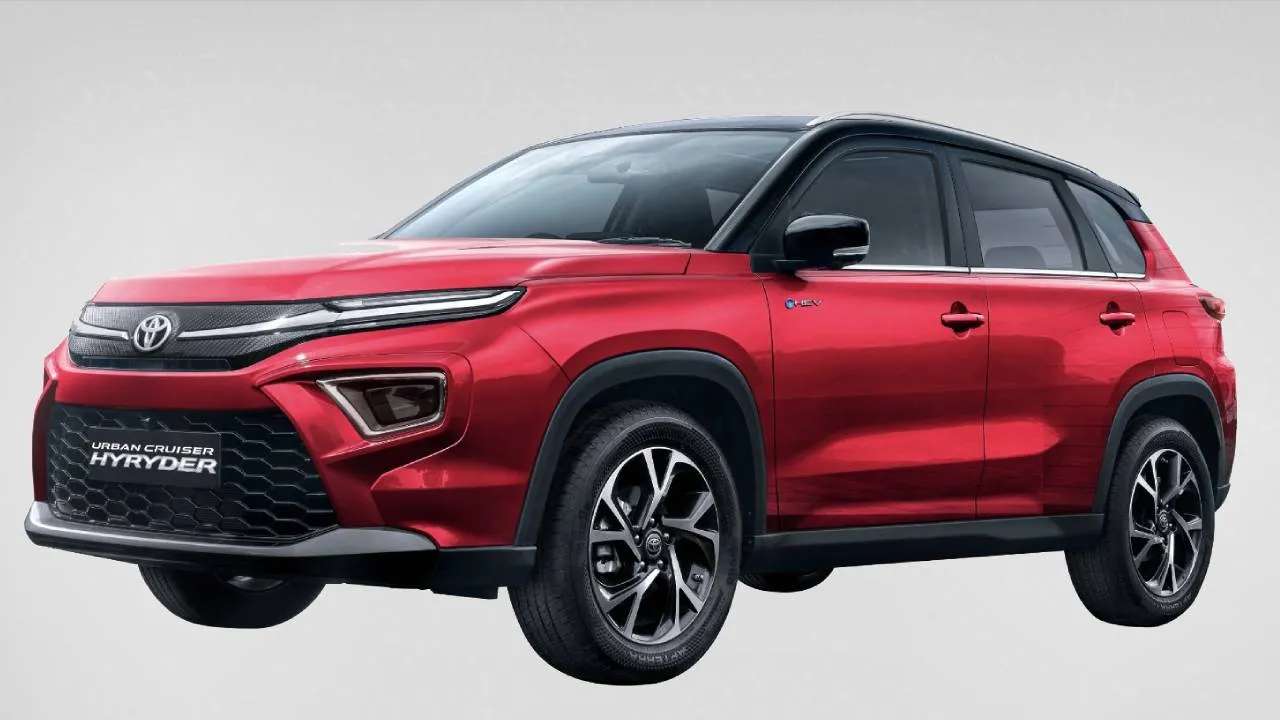
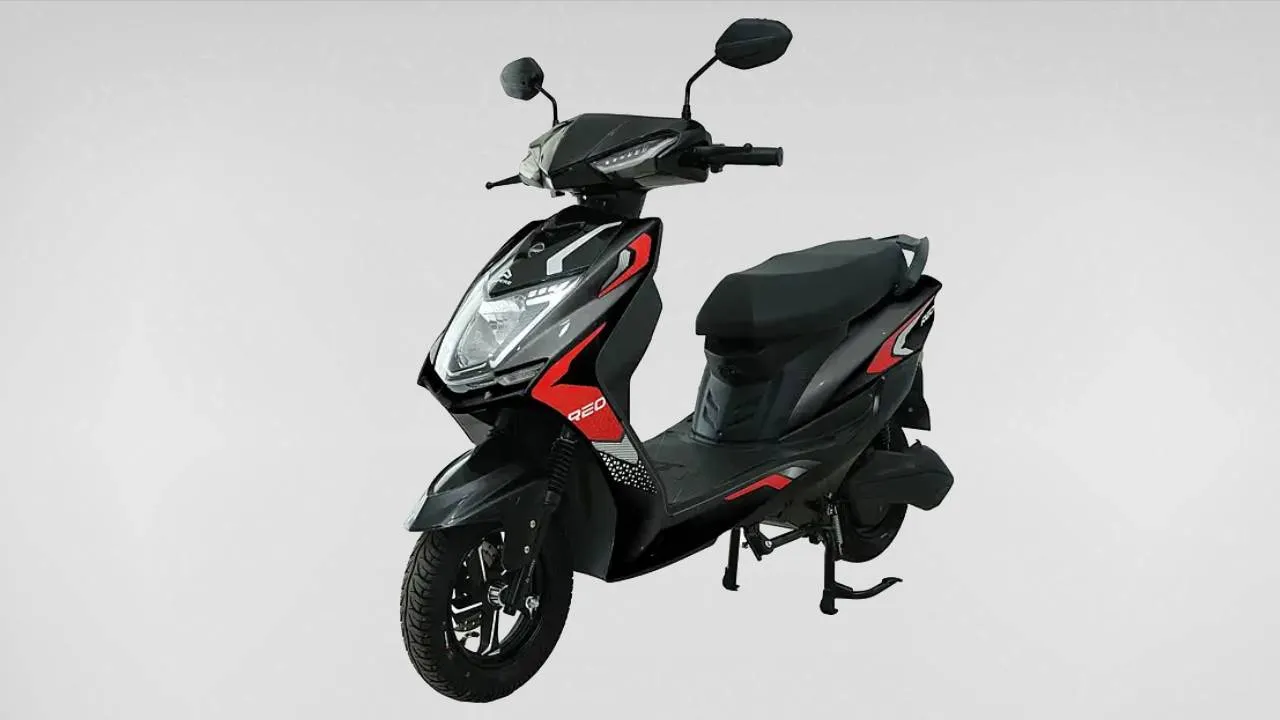
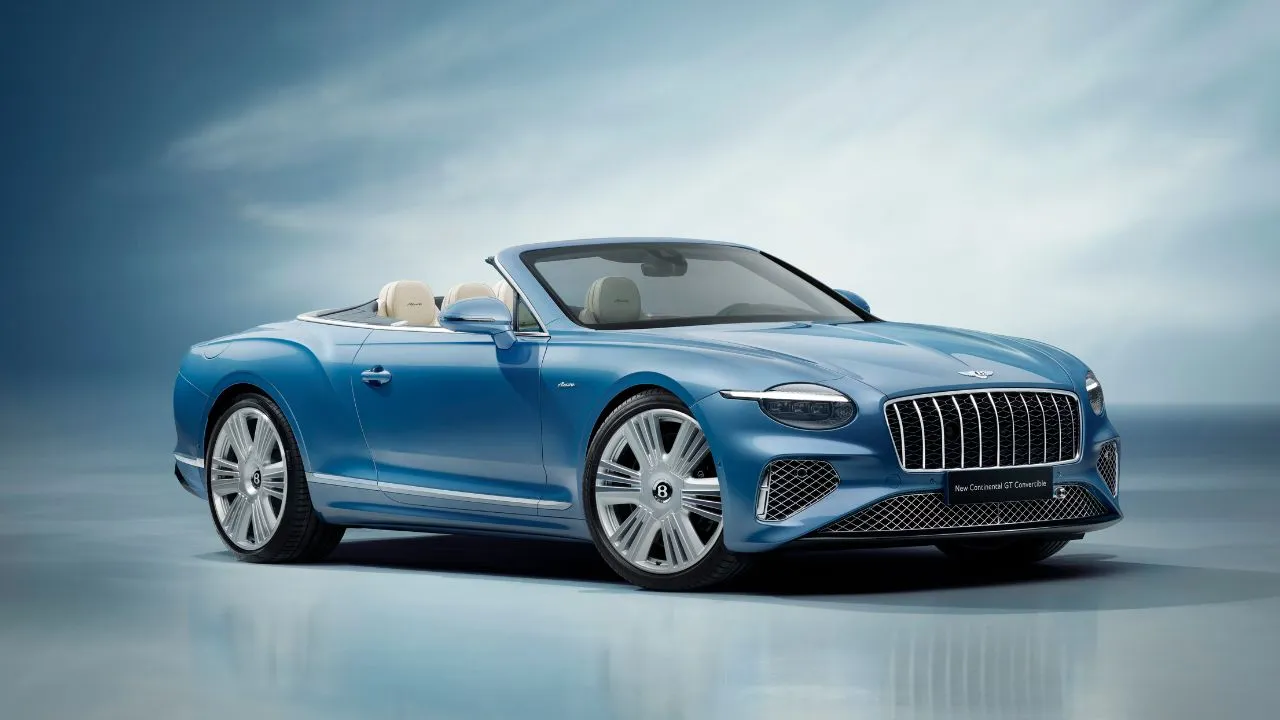
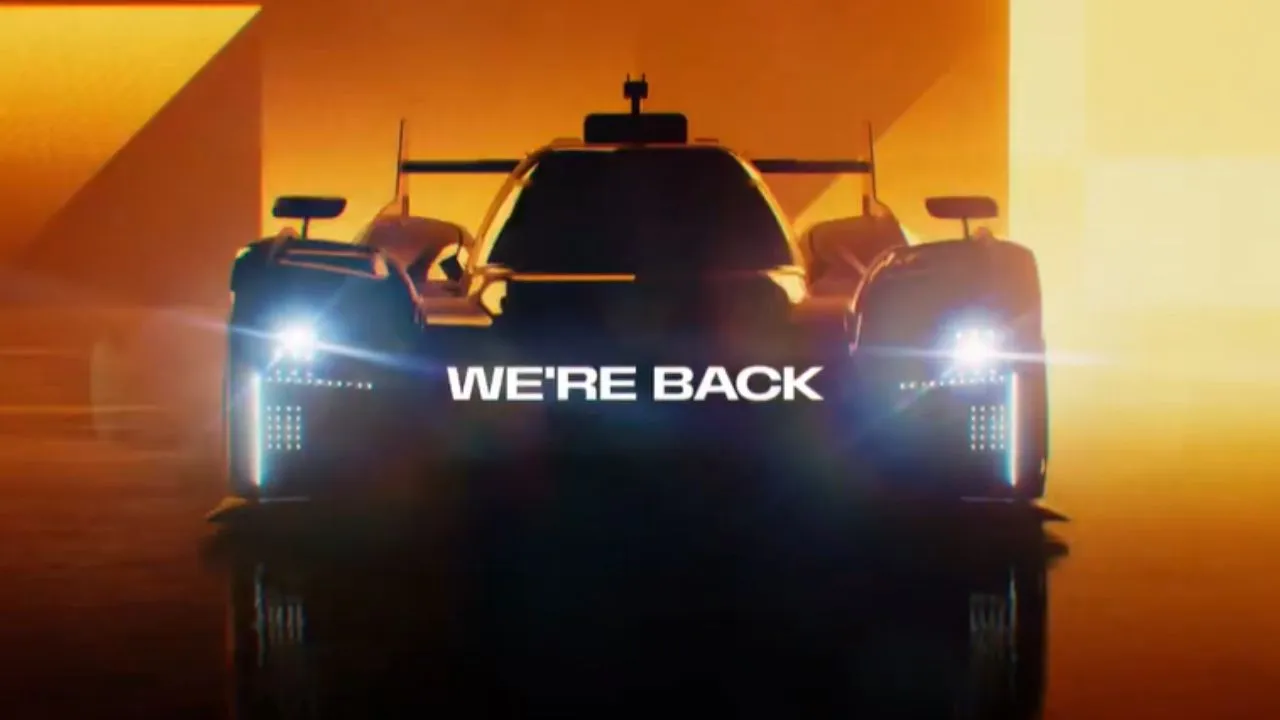
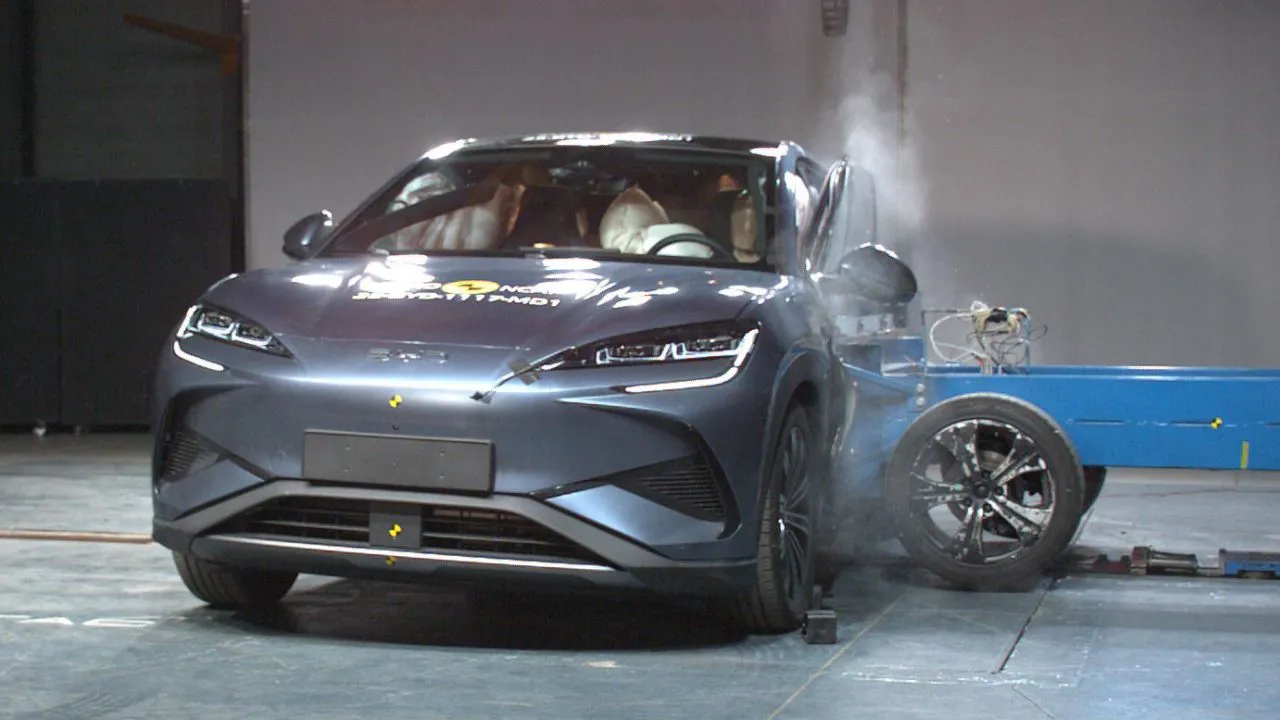
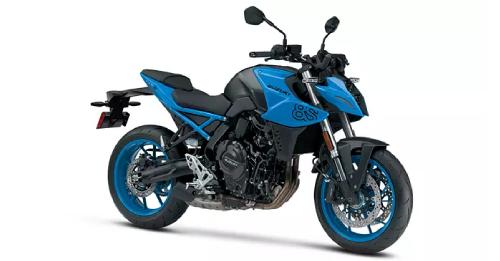
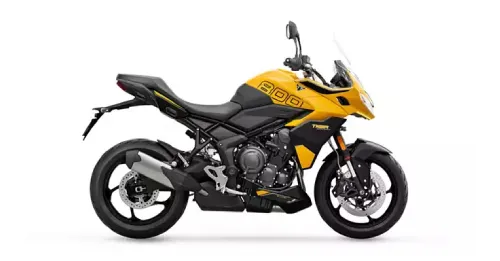
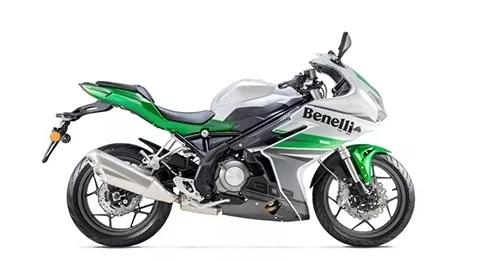
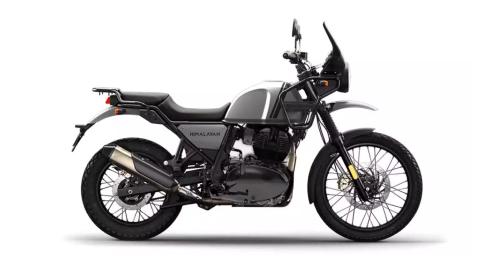
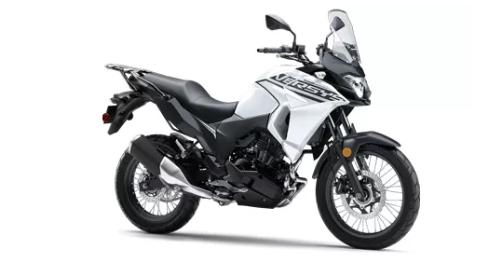






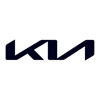







Write your Comment on